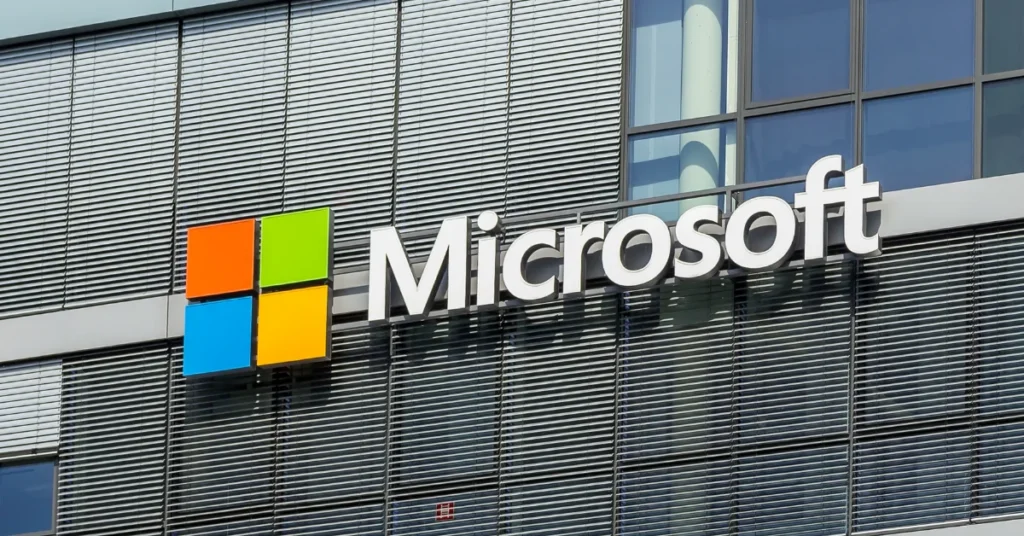
In October 2025, the tech world was jolted by a dramatic act of dissent: a senior Microsoft engineer resigned publicly, citing disagreement with the company’s cloud contracts involving the Israeli military. This high-profile resignation has thrown into relief deeper tensions around business ethics, employee activism, and the responsibilities of tech firms in geopolitically fraught contexts.
The incident isn’t isolated — it joins a string of protests, firings, and internal turmoil at Microsoft over its Azure services and alleged involvement in surveillance and military operations. In this article, we unpack what’s happening, why it matters, and what it could mean for Microsoft, the tech industry, and corporate ethics at large.
What Happened: The Resignation & the Protest Movement
The Resignation That Sparked a Headline
- Scott Sutfin-Glowski, a principal software engineer at Microsoft with 13 years of tenure, announced his resignation in a mass email to thousands at the company. He wrote that he “can no longer accept enabling what may be the worst atrocities of our time.”
- He cited Microsoft’s continued provision of Azure and cloud services to Israeli military and defense entities, which he viewed as complicit in ongoing conflict and human rights abuses.
- Sutfin-Glowski further alleged that Microsoft executives refused to engage seriously in internal dialogue and had shut down or restricted employee communication channels on the matter.
A Continuation of Internal Dissent
- The resignation comes amid growing internal unrest at Microsoft, especially from groups such as No Azure for Apartheid, calling for the company to sever ties with Israel’s defense agencies.
- Previously, Microsoft had terminated at least four employees who participated in sit-ins, protests, or encampments at its Redmond campus over the company’s ties with Israel.
- In earlier incidents, employees disrupted Microsoft events (including the 50th anniversary celebration) to protest AI and cloud contracts with Israel — one Indian-origin engineer, Vaniya Agrawal, confronted Bill Gates and Satya Nadella onstage and later lost access to her work account.
- During a keynote at Microsoft Build, a Palestinian developer interrupted the talk, invoking “No Azure for apartheid” slogans and demanding severance of ties with Israeli military work.
Microsoft’s Response
- Microsoft has responded by stating that it has conducted internal reviews, hired external law firms to investigate, and claimed no evidence of misuse of Azure or AI services for harming people or breaching usage policy
- The company also said it limited or terminated certain services to some divisions of Israel’s Ministry of Defense after reviewing allegations.
- Meanwhile, Microsoft stated that its protests and terminations were due to breach of internal policies or safety concerns — not directly due to the political content of protest.
Why It Matters: Ethical, Corporate & Market Implications
The Ethics of Technology in Conflict Zones
Tech companies are increasingly being held accountable for how their infrastructure is used. Cloud, AI, and surveillance tools can be weaponized, intentionally or not. The resignation spotlights the moral dilemma faced by engineers who provide the backbone for global systems yet may disagree with how those systems are leveraged.
Employee Activism & Corporate Governance
Within Microsoft and elsewhere, we see a new wave of internal activism — staff demanding transparency, accountability, and ethical consistency. When such concerns clash with business interests, firms must decide whether to suppress dissent or to integrate employee voices into decision processes.
Risks to Reputation & Trust
The public spectacle of high-level resignations and protests can harm a company’s brand, investor sentiment, and customer trust. Tech firms that are seen as complicit in contentious geopolitical activity may face backlash, boycotts, or regulatory scrutiny.
Precedents & Broader Tech Industry Impact
Microsoft isn’t alone. Google and Amazon have faced similar internal rebellion over their contracts with Israel (e.g. Google’s involvement in Project Nimbus) and have been criticized by the No Tech for Apartheid campaign.
This episode is part of a broader trend: employees across major tech firms pushing back against the use of their labor in morally ambiguous or conflict-related projects.
Potential Consequences & What to Watch Next
- Additional Resignations or Protests: More employees may follow Sutfin-Glowski’s lead, especially among those morally opposed to continuing certain contracts.
- Regulatory or Legal Pressure: Governments, especially in Europe, might scrutinize how cloud services are used in conflict zones or for surveillance.
- Corporate Policy Changes: Microsoft may revise its internal policies, open new communication channels, or rethink contract approvals to prevent further activism.
- Industry Ripple Effects: Other tech companies might proactively assess their defense or government contracts to avoid similar backlash.
- Public Opinion & Brand Risk: Microsoft’s public image may suffer in certain markets or among pro-Palestinian communities, influencing adoption, partnerships, or recruitment.
